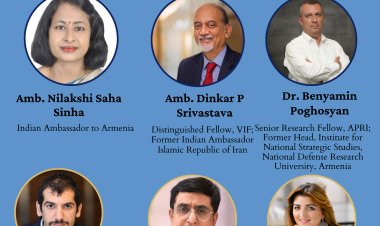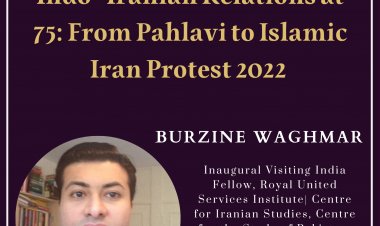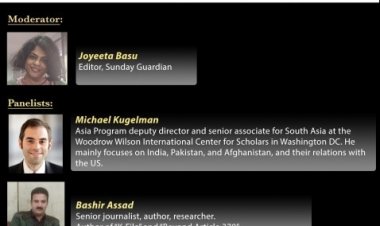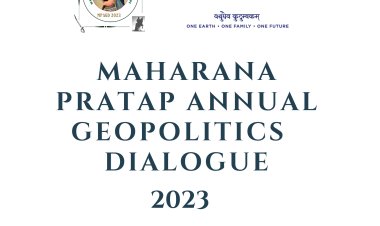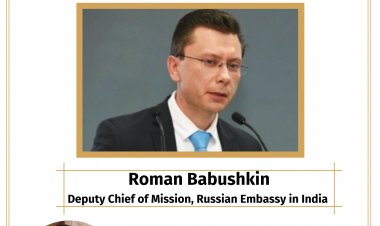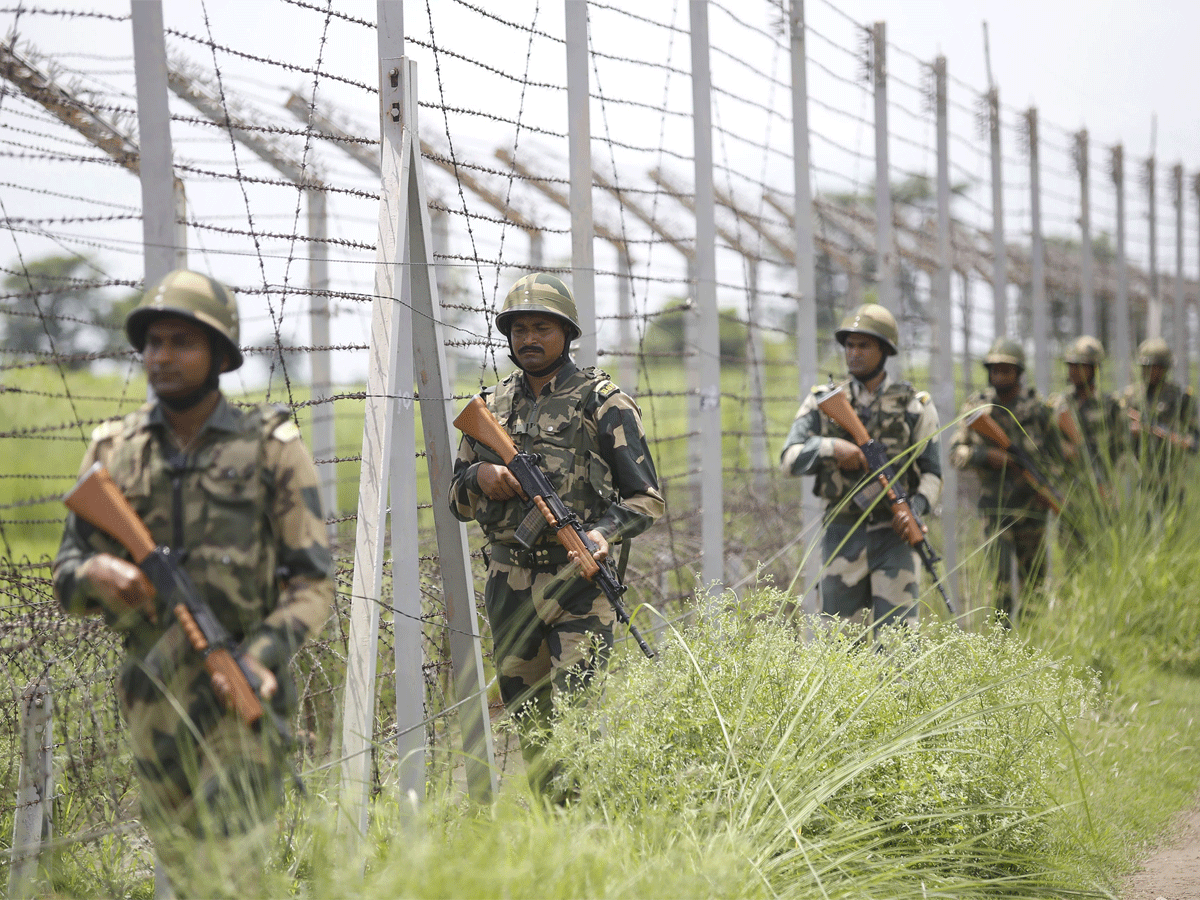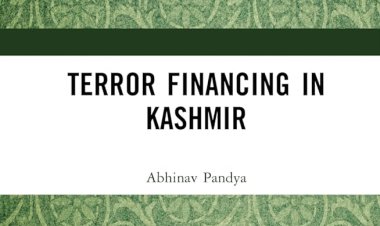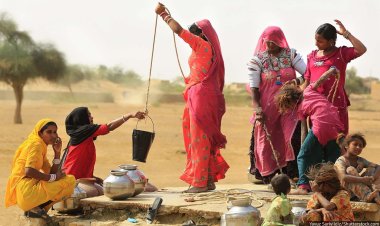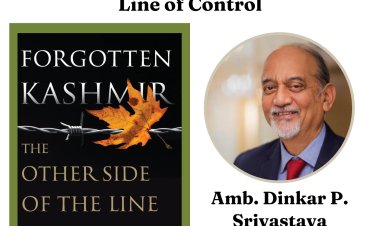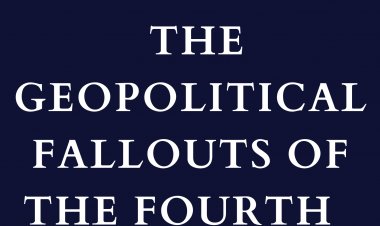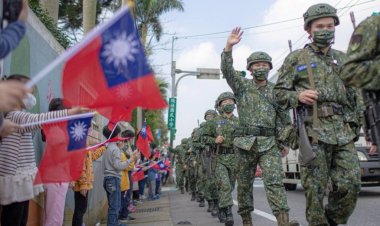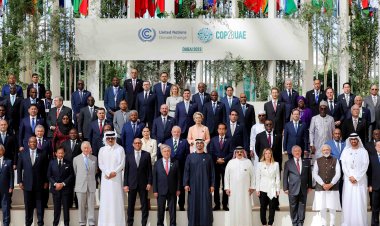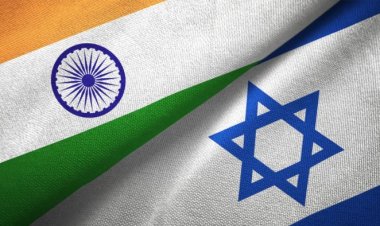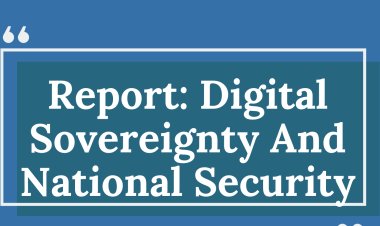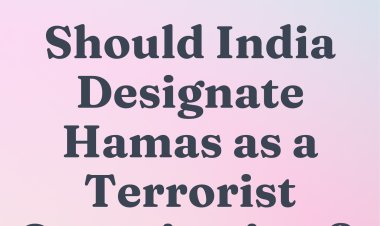Report: Discussing the New World Order, Global Security and Foreign Policy with M.J. Akbar
Usanas Foundation is organizing an Interview discussing the evolving world order, the challenges to the global security and the dynamics of foreign policy in this current world with M.J. Akbar
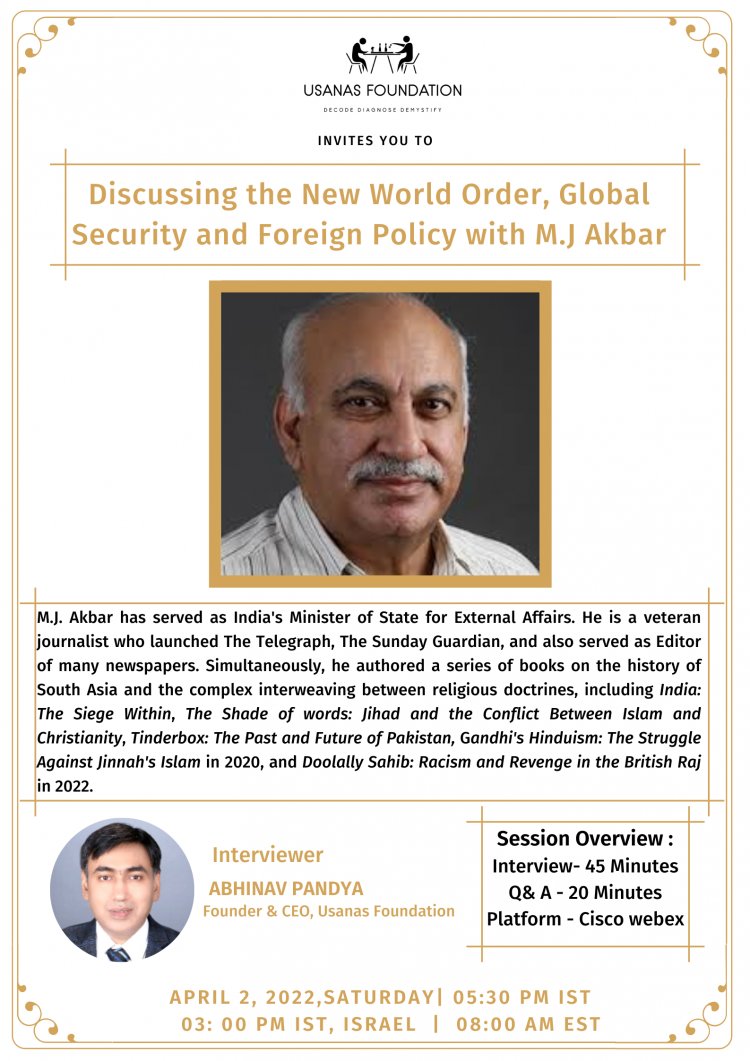
“A ‘Pax Americana’ world order was an impossible dream,” said M.J Akbar, addressing the emergence of a multipolar world order, in an interview with Usanas Foundation, a geopolitical think tank based in Udaipur, Rajasthan. The interview with Akbar, the former Minister of State for External Affairs, addressed evolving international relations, challenges to global security, and the dynamics of foreign policy in the near future. The interview was conducted by Mr. Abhinav Pandya, the founder, and CEO of Usanas Foundation.
When asked about the future balance of power in international relations, Akbar talked about the waning power of the post-Cold War American hegemony. This hegemony was sustained via the military-industrial-academic complex. According to Akbar, it has now seen its sunset in Kabul, its twilight in Ukraine and, if America is not careful, it will deepen into the darkness over the Indo-Pacific. The situation in Ukraine has already shown, as Russia seems to have realized, that the United States’ ability to be a guardian of its allies has reduced.
Speaking about Germany's remilitarization and the possible nuclearization of Japan, Akbar reiterated that various nations will re-assert their power and re-imagine their identities. It will thus be an era of the nation-state, where states will seek independence and strategic autonomy from hegemonic influences. De-militarization and non-proliferation of nuclear weapons will take a back seat. Germany, Japan, and India will play a significant role in the emergence of new world order. Speaking about China, Akbar asserted that the country can be a dominant influence in the world if it fulfills the 21st-century requirements like freedom of speech.
India’s role in this emerging world order will be significant, said Akbar. For instance, amidst the Russia-Ukraine crisis, the world is recognizing the principles upon which Indian foreign policy is founded - we need states who can speak to all sides. Akbar used the term “power of balance” to applaud the Indian government for upholding an important tradition of non-intervention and taking a balanced position.
When asked about political Islam, Akbar talked about how the political and religious spheres must be kept separate. Religion should not become a prime factor in the dealings between nations, nor should it be a basis for nationalism. It has been seen that Islam cannot be a unifying force in West Asia since inevitably countries have different national interests. In India, Akbar emphasized that it is essential to address the feeling of alienation amongst Muslims through a proper dialogue and sharing of responsibilities between the government and concerned communities.
When asked questions about his recent books, Tinderbox: The Past and Future of Pakistan and Gandhi’s Hinduism: The Struggle Against Jinnah’s Islam, Akbar offered historical perspectives on the partition and Mohammed Ali Jinnah’s creation of Pakistan. He spoke at length about how Jinnah never defined the unifying doctrine for the country he created, and the immense price Pakistan has paid for his error. Moreover, the religiously motivated partition has created bitterness in the subcontinent, leading to tragic consequences for India and Pakistan. Exploring the corruption alliance of British colonial rulers and India’s privileged elites and colonial exploitation during famines, also the main themes of his most recent book, “Doolally Sahib: Racism and Revenge in the British Raj,” (2022), he observed that there is an acute dearth of scholarly work on aforesaid critical issues of the colonial Raj. On the topic of Kashmir and the abrogation of Article 370, Akbar stressed the importance of development and integration. According to him, the Kashmir region is at peace with itself, as evidenced by the fact that the number of tourists has tripled.
Apart from the traditional security concerns, Akbar also emphasized that the new global configuration of strong nation-states must create a new, more equitable, economic order. Therefore, poverty alleviation must be a top priority. In this economic order, The wealth-grabbers should have a participative role rather than an acquisitive role – where they are not accumulating wealth at the cost of other people. The multi-polar world must cooperate to find economic solutions and create an era of shared prosperity.
Disclaimer: The opinion in this interview is author’s individual scholastic opinion and does not necessarily reflect the organization’s viewpoint.

